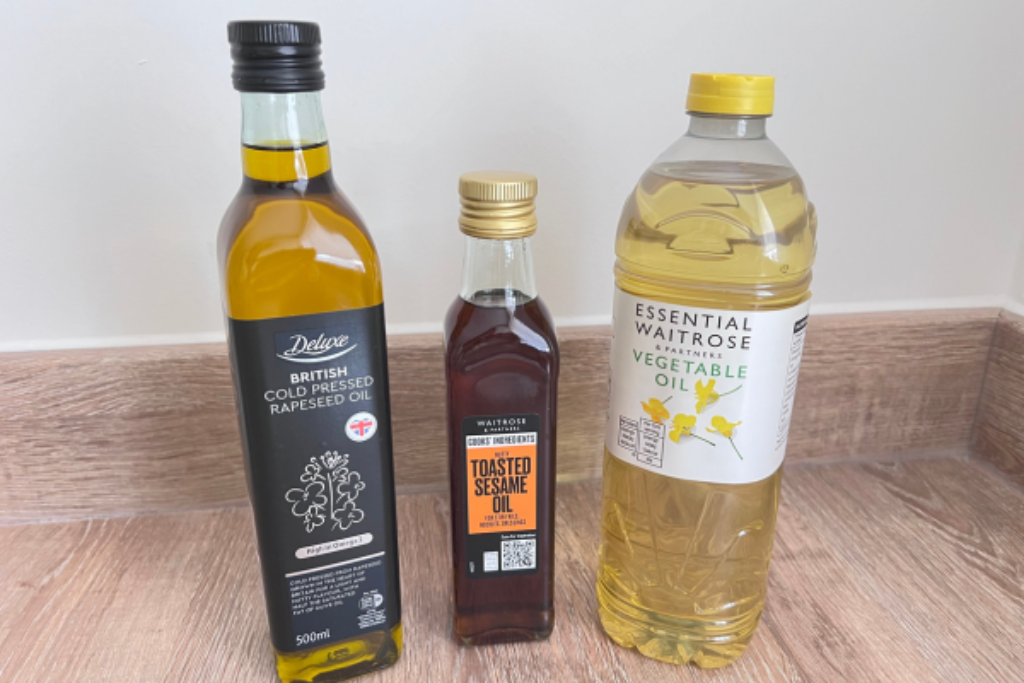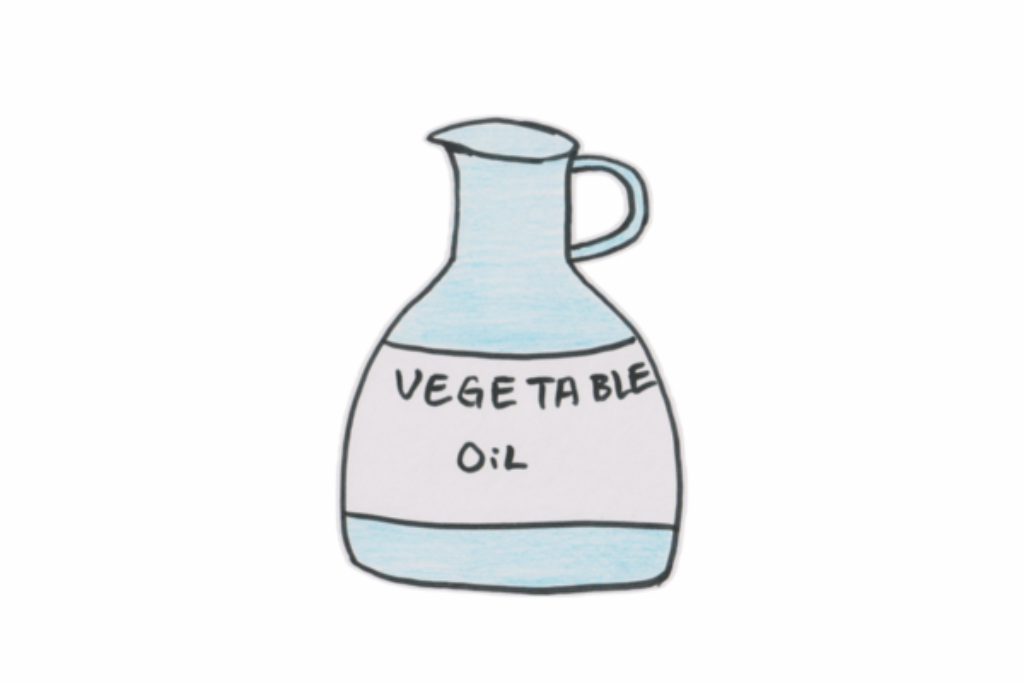In our kitchens, oil is an indispensable condiment. It is not just the base of cooking but also a medium for deliciousness. Oil can bring the flavour elements of ingredients, allowing these flavours to permeate every bite evenly through heat. When oil is heated, it dissolves and releases the taste elements within the ingredients, spreading these flavours through heat, making the whole dish rich in layers and smooth in texture.
Diversity of vegetable oils
In choosing the type of edible oil, we generally divide them into animal oils and vegetable oils. Since animal oils contain higher saturated fats which are less healthy, vegetable oils are absolutely recommended.

Vegetable oils are rich in unsaturated fatty acids, including Omega 3, Omega 6, and Omega 9, which are beneficial for the human body. Based on their source, vegetable oils can be classified into fruit oils and seed oils. The extraction methods mainly include cold pressing and extraction. Cold pressing retains the most nutrients.
Cooking tips with oil
In the culinary world, oil is not just a basic cooking medium. It also plays a significant role in delivering the flavours and transforming textures of food. Understanding the characteristics of vegetable oil and how to choose it appropriately can take your cooking to the next level.
Enhancing flavour and texture
Oil and fats can significantly enhance the taste and texture of food. When oil is heated, it can dissolve and carry the flavours in food, making the taste of spices and ingredients richer and more integrated. Especially when using herbs and fresh spices, their flavours dissolve in oil, making the overall dish taste more harmonious.
Speeding up cooking
Compared to water, oil has a higher boiling point, meaning that it can cook food at higher temperatures. Hence, oil can speed up the cooking process. When frying, the temperature of oil is generally controlled between 175 to 230 degrees Celsius, which is far higher than the boiling point of water at 100 degrees Celsius. This allows food to be cooked more thoroughly in a shorter time, preserving more nutrients and flavours.
Choosing the right vegetable oil
Different oils have different smoke points, the temperature at which they start to smoke and possibly decompose. Understanding and choosing the appropriate oil is crucial for healthy cooking. For example, refined oils, with their higher smoke points, are suitable for frying whereas other cold-pressed oils, with their lower smoke points, are more suited for low-temperature cooking or as dressing oils. According to “The Science of Cooking” and the “North American Olive Oil Association,” here are the smoke points of some vegetable oils:
- The smoke point of extra virgin olive oil is around 160 degrees Celsius.
- The smoke point of virgin walnut oil is around 160 degrees Celsius.
- The smoke point of sesame oil is around 160 degrees Celsius.
- The smoke point of olive oil is around 200 degrees Celsius.
- The smoke point of peanut oil is around 230 degrees Celsius.
- The smoke point of canola oil is around 205 degrees Celsius.
- The smoke point of coconut oil is around 175 degrees Celsius.
- The smoke point of corn oil is around 240 degrees Celsius.
Reusing oil
Although reusing oil can add layers of flavour to food, excessive reuse of the same batch of oil can lead to rancidity and even the production of harmful substances. Therefore, it is important to timely replace old oil with new to ensure the healthiness of cooking and the deliciousness of food.
How to select vegetable oils
When selecting cooking oil, you should consider the cooking method, the combination of ingredients, and nutritional health needs.
Choosing the right oil for each cooking session can avoid unnecessary health risks and maximize the flavor of the ingredients. The key is to understand the characteristics of different oils, including their smoke points and flavour. You should choose based on the cooking method and the flavour needs of the dish.
How to store vegetable oils
When storing vegetable oils, unopened oils generally have the best use-by date. Cooking oils should be stored in a cool place away from light, and used as soon as possible after opening. It is worth noting that although fried oil can enhance the flavour of food. It should not be reused too many times to avoid oxidation and spoilage of the oil.
In summary, the role of vegetable oils in cooking goes beyond simply being a cooking medium. Choosing and using vegetable oils wisely will make your cooking even more exceptional.







